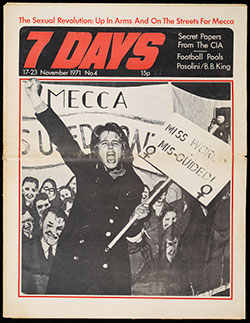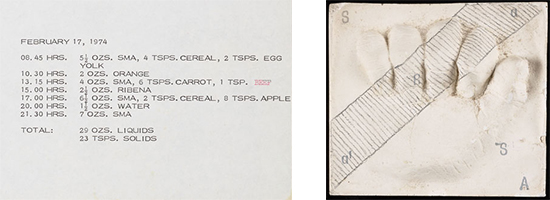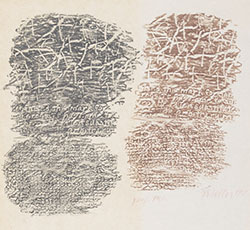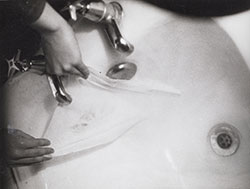
|
 |

Cover of 7 Days, no. 4 (November 1971). The Getty Research Institute, 2017.M.40.
Photo: Tim Picton
|
|
 |
Among the materials included in the archive are major projects produced by Kelly during her early career—An Earthwork Performed (1970), Nightcleaners (1972–1975), Women and Work (1973–1975), and Antepartum (1973)—as well as materials related to Kelly's involvement with feminism and other social movements, and with the Artist's Union. It also includes an assortment of Marxist, feminist, and political journals, pamphlets, and flyers—collected in both London and Beirut—and Kelly's collections of materials related to UK conceptual art in the 1970s.
Of particular note are Kelly's teaching materials. A leading artist educator among her generation, Kelly's former students include artists, curators, and scholars such as George Baker, Renee Green, Sharon Hayes, Emily Jacir, Miwon Kwon, Meleko Megosi, Helen Molesworth, Mungo Thompson, Kerry Tribe, and Wu Tsang, among many others. Renowned for her extremely rigorous teaching methods, this portion of Kelly's archive charts the development of those methods through syllabi, fascinating classroom and lecture notes, creative assignments, and photographic documentation from some of her earliest performative classroom projects.
|




